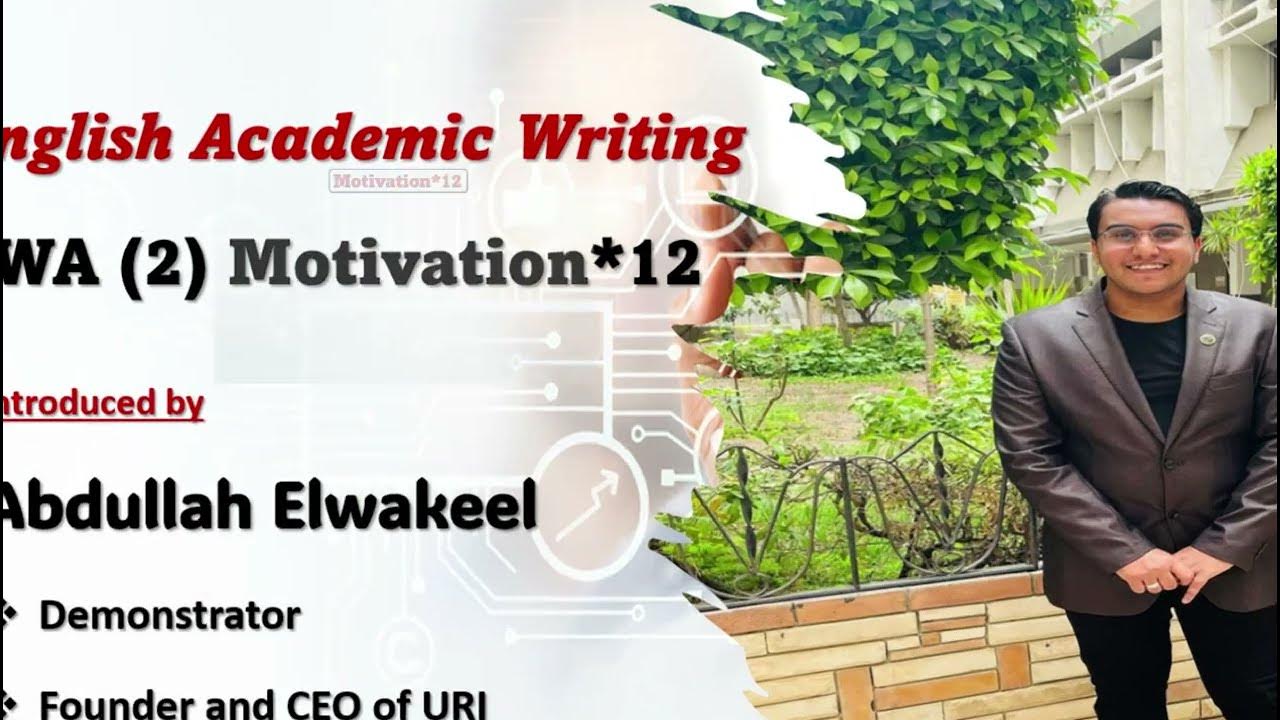What is academic writing?
Summary
TLDRAcademic writing is the production of documents that serve as the permanent record of academic work. It follows specific style rules and conventions, emphasizing traditional language norms such as grammar, punctuation, and spelling. Key elements include formal language, objective style, precise and concise language, in-text referencing and paraphrasing, cohesion, and coherence. Formal language avoids slang and personal language, objective style uses factual and unbiased vocabulary, and precise language avoids vagueness. Concise language minimizes word use while maintaining meaning. In-text referencing acknowledges sources, cohesion connects sentences, and coherence presents ideas logically.
Takeaways
- 📄 Academic writing creates permanent records of academic work and follows specific conventions.
- ✍️ Academic writing differs from other types of writing due to its unique style, rules, and conventions.
- 🔤 Proper grammar, punctuation, and spelling are crucial for making meaning clear in academic writing.
- 📝 Formal language avoids personal language, slang, and colloquial terms while using technical terms without excessive jargon.
- ⚖️ Objective style presents information factually and avoids emotional or biased language.
- 🔍 Precise language eliminates vague words like 'always' and 'approximately' to avoid ambiguity.
- ✂️ Concise language uses the fewest words possible while maintaining clarity and meaning.
- 📚 In-text referencing and paraphrasing ensure proper acknowledgment of others' ideas and evidence.
- 🔗 Cohesion connects sentences through well-organized language elements.
- 🧠 Coherence presents ideas logically and uses paragraphs effectively to structure the text.
Q & A
What is academic writing, and how is it different from other types of writing?
-Academic writing is the production of documents that serve as permanent records of academic work. It differs from other types of writing due to its specific style, rules, and conventions, such as formal language, objective style, and the use of in-text referencing and paraphrasing.
Why is the use of formal language important in academic writing?
-Formal language is important in academic writing because it limits personal language, avoids slang and colloquial terms, and uses technical terms without excessive jargon. This maintains professionalism and clarity in the writing.
What is objective style, and how should it be applied in academic writing?
-Objective style involves presenting information factually and without bias. It avoids emotional language, opinions, or personal feelings. For example, instead of saying 'The rocket traveled at lightning speed,' one would write 'The rocket traveled at 90 km/h.'
How does precise language enhance academic writing?
-Precise language enhances academic writing by avoiding vague or ambiguous terms. It steers clear of words like 'always,' 'almost,' and 'approximately,' and avoids overgeneralizations to ensure clarity and specificity in the text.
What is the purpose of concise language in academic writing?
-Concise language ensures that the writing is efficient, using as few words as necessary without losing meaning. For example, instead of saying 'in close proximity to,' one could simply use the word 'near.'
How does in-text referencing and paraphrasing contribute to academic writing?
-In-text referencing and paraphrasing are essential in academic writing because they show that evidence from others’ work is properly acknowledged. This lends credibility to the text and prevents plagiarism.
What is the difference between cohesion and coherence in academic writing?
-Cohesion refers to the organization of language elements to ensure sentences are connected, while coherence involves the logical presentation of ideas and the use of paragraphs to create a structured argument.
Can you provide an example of how formal language improves a sentence in academic writing?
-Yes, for example, the informal sentence 'We couldn't find out why the temperature went up so quickly' can be rewritten in formal language as 'The rapid increase in temperature is not explainable.'
Why should overgeneralizations and vague terms be avoided in academic writing?
-Overgeneralizations and vague terms should be avoided because they can lead to unclear or inaccurate statements. Academic writing aims for precision, and using specific terms ensures that the meaning is clear and unambiguous.
What are the six key elements of academic writing?
-The six key elements of academic writing are: formal language, objective style, precise language, concise language, in-text referencing and paraphrasing, cohesion, and coherence.
Outlines

This section is available to paid users only. Please upgrade to access this part.
Upgrade NowMindmap

This section is available to paid users only. Please upgrade to access this part.
Upgrade NowKeywords

This section is available to paid users only. Please upgrade to access this part.
Upgrade NowHighlights

This section is available to paid users only. Please upgrade to access this part.
Upgrade NowTranscripts

This section is available to paid users only. Please upgrade to access this part.
Upgrade NowBrowse More Related Video

Materi 10: Penulisan Karya Ilmiah 1: Pengertian dan Jenis Karya Ilmiah

English Academic Writing (2) Motivation

KARYA ILMIAH KELAS XI

Comparing Technical Writing to Academic Writing

Lesson 1: Introduction to English for Academic and Professional Purposes | EAPP

An Introduction to Cohesion in Academic Writing
5.0 / 5 (0 votes)